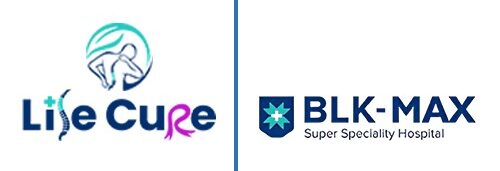Low Back Pain
Service > Low Back Pain

Low Back Pain
The low back, also called the lumbar region, is the area of the back that starts below the ribcage. Almost everyone has low back pain at some point in life.
Symptoms might range from a dull ache to a stabbing or shooting sensation. The pain may make it hard to move or stand up straight. Pain that comes on suddenly is “acute.” It might happen during sports or heavy lifting. Pain that lasts more than 3 months is considered “chronic.” If your pain is not better within 72 hours, you should consult a doctor. Consult a health care professional any time you have back pain after a fall or injury. The same goes if you have back pain with bowel or bladder control problems, leg weakness, fever, or pain when coughing or peeing.
🔷 Low Back Pain – Background
Low back pain is a widespread condition that affects millions of individuals globally. It is one of the leading causes of disability and missed workdays. Most commonly seen in adults between the ages of 30 and 60, low back pain can range from mild discomfort to severe, debilitating pain.
📌 Common Causes:
Muscle or ligament strain
Herniated or bulging discs
Degenerative disc disease
Poor posture or sedentary lifestyle
Sciatica (nerve compression)
Spinal arthritis or osteoporosis
📌 Typical Symptoms:
Persistent or recurring pain in the lower back
Pain that worsens with movement or prolonged sitting
Muscle stiffness or spasms
Numbness or tingling that radiates to the legs
📌 Importance of Early Intervention:
Timely diagnosis and proper treatment of low back pain are essential to prevent long-term damage or chronic conditions. With the right care, most cases can be managed effectively without surgery.
📌 Available Services May Include:
Consultation with orthopedic or spine specialists
Physical therapy and rehabilitation
Pain relief treatments (medication, injections, etc.)
Diagnostic imaging like X-rays or MRI
Ergonomic and posture advice
Advanced treatments or surgical options if required

